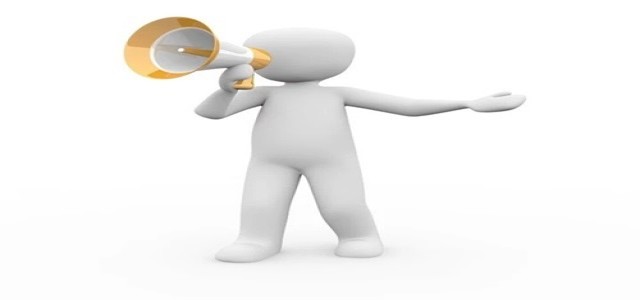
PepsiCo recently announced that it aspires to become ''Net Water Positive'' by 2030, endeavoring to replenish more water than that used in its company-owned and third-party manufacturing facilities in high water-risk areas. PepsiCo also intends to provide access to safe water to around 100 million people by 2030.
The PepsiCo Foundation, the company’s philanthropic arm, is also launching a program worth USD 1 million with NGO WaterAid to provide safe water to families in Sub-Saharan Africa, extending its 15-year-old initiative of water access that reaches about 59 million people in around 20 countries.
Jim Andrew, PepsiCo’s Chief Sustainability Officer, mentioned that water scarcity is directly associated to the climate crisis, and PepsiCo believes that the effort to be ''net water positive'' is of great importance. The company is focused on ensuring that people have access to this essential resource and is prioritizing management of water in their operations everywhere, he added.
Strong goals will develop an effective plan towards the objective of limiting water use and replenishing back into the local watershed more water than used at company-owned and third-party manufacturing locations in high-water-risk areas.
Enhancing the efficiency standard at company-owned sites in high-risk watersheds will prevent the use of over 11 billion liters of water per year, which is a 50% decrease in the amount of water used by the company at these sites.
The statement mentioned that PepsiCo also aims to adopt the Alliance for Water Stewardship Standard in all of its operational areas with high-water risk by 2025.
This program comes at a time when the Delta variant is spreading rapidly worldwide, leading to a specific risk in water-stressed communities. Many counties like those in Sub-Saharan Africa have inadequate water infrastructure to avoid and treat diseases. For instance, around 70% of households in the region don’t have a proper place to wash their hands with soap & water.
The new investment of PepsiCo Foundation and WaterAid is centered in Sub-Saharan Africa. It will assist in improving water infrastructure, building new water supply systems & equitable sanitation facilities, and encourage hygiene education.
Source Credits –
© 2025 aeresearch.net. All Rights Reserved.